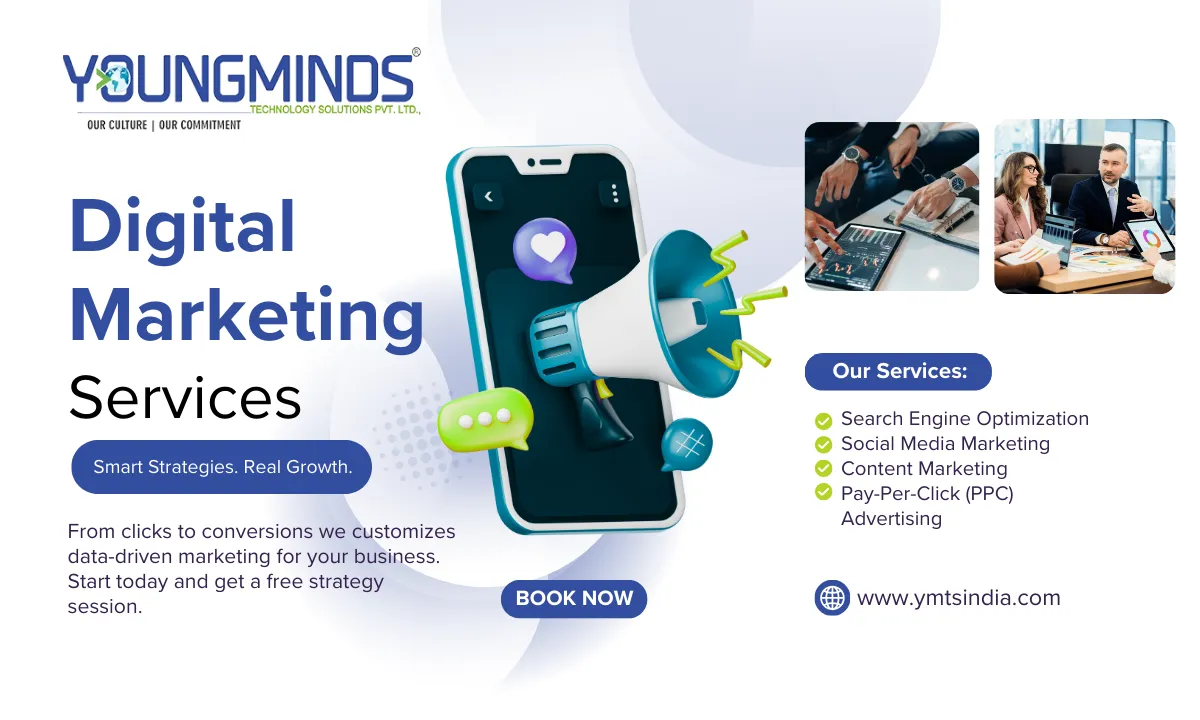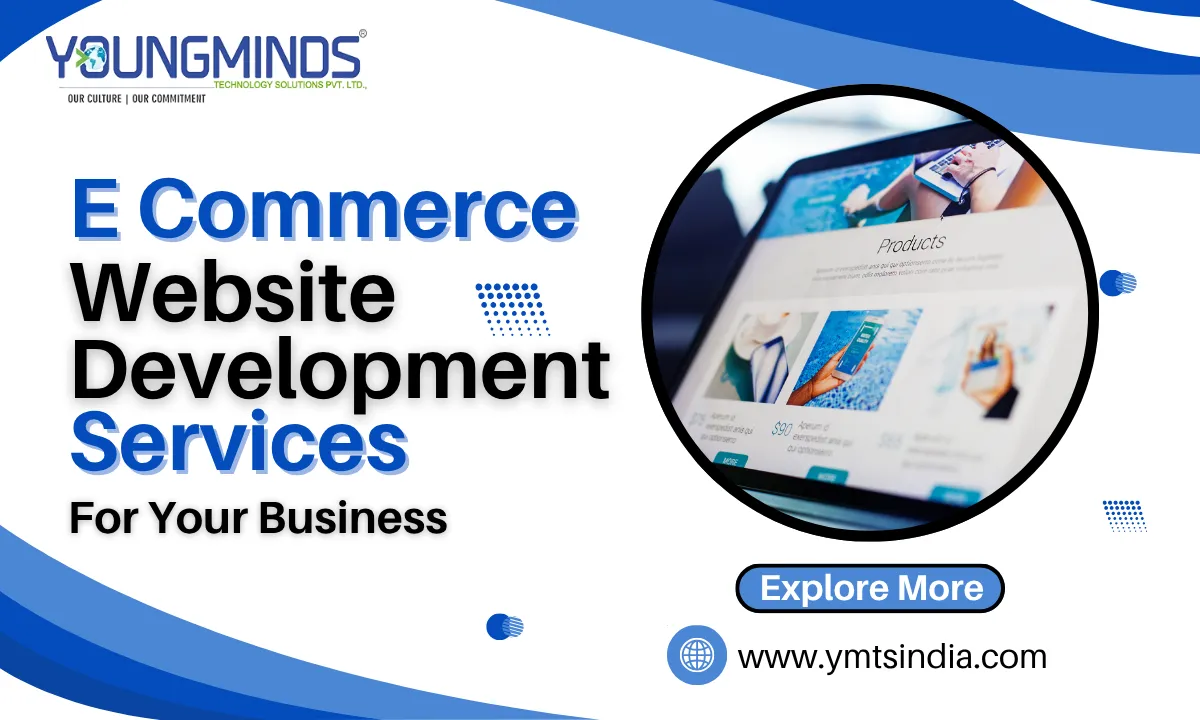The role of content marketing in SEO and how to create effective content strategies
Content marketing and search engine optimization (SEO) go hand in hand. Content is the backbone of any SEO strategy, and without a strong content marketing plan, it's difficult to achieve sustainable rankings and drive traffic to your website. In this article, we'll explore the role of content marketing in SEO and provide tips for creating effective content strategies.
The Role of Content Marketing in SEO
Content marketing is the process of creating and distributing valuable, relevant, and consistent content to attract and retain a clearly defined audience. The goal of content marketing is to drive profitable customer action, and one of the primary ways to achieve this is through SEO.
SEO is the practice of optimizing a website to improve its ranking on search engine results pages (SERPs). Content is a critical component of SEO because search engines use it to understand what a website is about and determine its relevance to search queries. By creating high-quality, relevant content, you can improve your website's ranking on SERPs and attract more traffic to your website.
Effective Content Strategies for SEO
Creating effective content strategies for SEO requires a deep understanding of your target audience and the topics that are relevant to them. Here are some tips for creating effective content strategies for SEO:
1. Conduct Keyword Research
Keyword research is the process of identifying the words and phrases that people use when searching for information related to your business. Conducting keyword research will help you understand the topics that are relevant to your target audience and the language they use to search for them. By incorporating these keywords into your content, you can improve your website's ranking on SERPs.
2. Create High-Quality, Relevant Content
Creating high-quality, relevant content is crucial for SEO success. Search engines prioritize content that is well-written, informative, and relevant to the user's search query. When creating content, focus on providing value to your audience by answering their questions and addressing their pain points.
3. Use Visual Content
Visual content, such as images, infographics, and videos, can help improve engagement and make your content more shareable. Visual content can also help break up long blocks of text, making your content easier to read and understand.
4. Optimize Your Content for SEO
Optimizing your content for SEO involves incorporating your target keywords into your content, optimizing your meta descriptions and title tags, and ensuring that your content is structured in a way that is easy for search engines to understand.
5. Promote Your Content
Promoting your content is crucial for driving traffic to your website. Share your content on social media platforms, reach out to influencers in your industry, and consider using paid advertising to reach a larger audience.
6. Measure Your Results
Measuring the success of your content marketing strategy is crucial for identifying areas that need improvement and optimizing your approach. Use tools like Google Analytics to track your website's traffic, engagement, and conversion rates. Use this data to refine your content marketing strategy and create even more effective content in the future.
Conclusion Content marketing is a critical component of SEO, and creating effective content strategies is essential for driving traffic to your website and improving your search engine rankings. By conducting keyword research, creating high-quality, relevant content, using visual content, optimizing your content for SEO, promoting your content, and measuring your results, you can create a content marketing strategy that drives results and helps you achieve your business goals. Remember, effective content marketing takes time and effort, but the results are worth it. With a strong content marketing strategy, you can attract and retain a loyal audience and achieve long-term success in your industry.































































